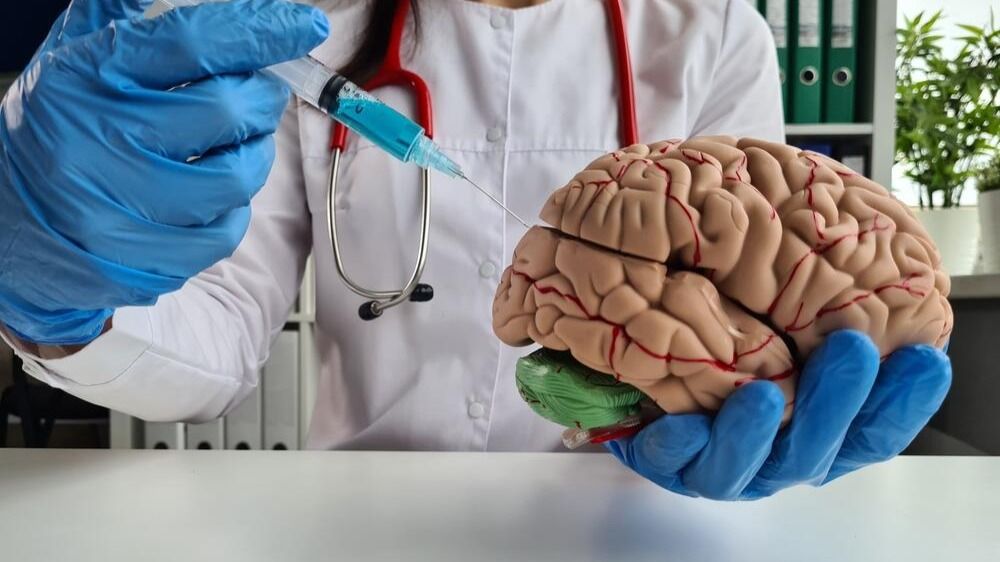Recent scientific research has uncovered alarming findings of microplastics in various human organs, including the brain. These minute particles, smaller than 5 millimeters—roughly the size of a pencil eraser—have been detected in the intestines, lungs, placenta, reproductive organs, liver, kidneys, joints, blood vessels, and bone marrow. The pervasive presence of these particles is attributed to extensive plastic pollution.
Potential Health Risks and Unknowns
While the precise health implications of microplastics are not fully understood, preliminary studies suggest that increased levels of these particles can lead to oxidative stress, potentially resulting in cell damage and heart disease. The detection of microplastics in the placenta raises concerns that newborns could be exposed to these contaminants from birth.
Animal studies have linked microplastics to various health issues, including fertility problems, cancer, and immune system disruption. A recent preprint study published by the National Institutes of Health has intensified these concerns by revealing microplastics in human brain tissue.
Surprising Findings in Brain Tissue
The study, which is currently under peer review, analyzed 91 brain tissue samples collected earlier this year. Out of these, 24 samples contained microplastics, accounting for 0.5% of the tissue’s weight. Researchers noted that the brain tissue showed up to 30 times more microplastics compared to liver and kidney samples. The predominant type of plastic found was polyethylene, a common material in items such as bottle caps and plastic bags.
Uncertain Implications for Human Health
Despite these troubling findings, scientists are still uncertain about the specific health risks associated with microplastics in the brain. Current research, as detailed in The Conversation, indicates that microplastics may exacerbate brain inflammation, cause cell damage, alter gene expression, and affect brain structure.
A related study from January highlighted the presence of over 200,000 nanoplastics in a one-liter bottle of water, indicating even smaller plastic particles are widespread.
Experts agree that more research is necessary to fully comprehend the health effects of both microplastics and nanoplastics.
Rising Concerns Over Microplastics Found in Human Organs. Should You Be Worried? world-news World News | Latest International News | Global World News | World News Today




